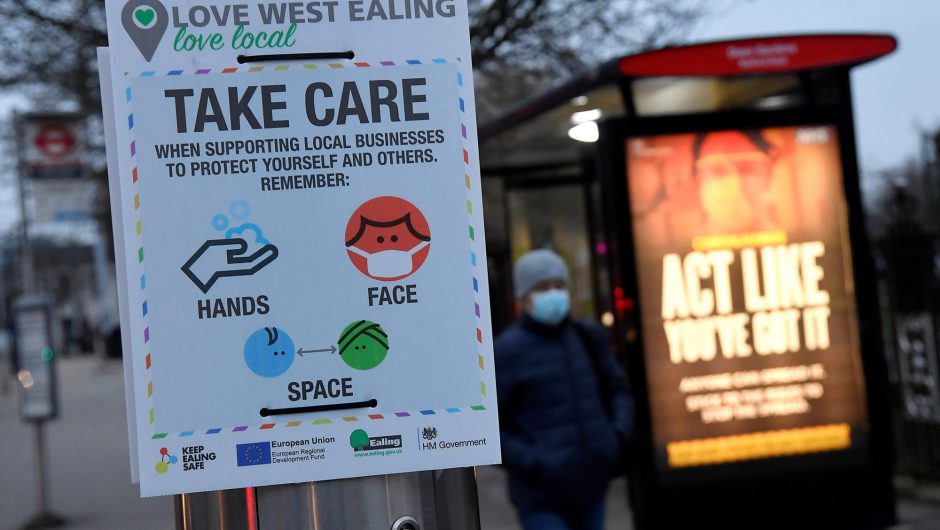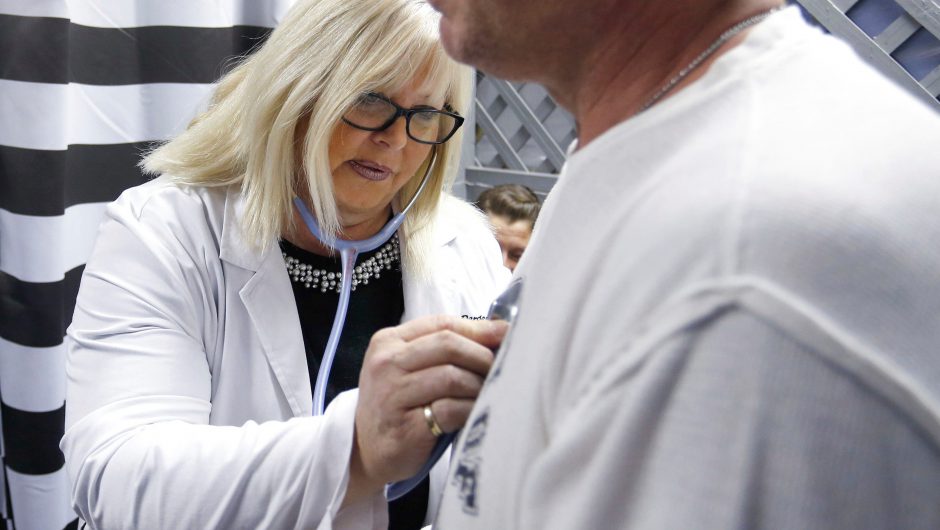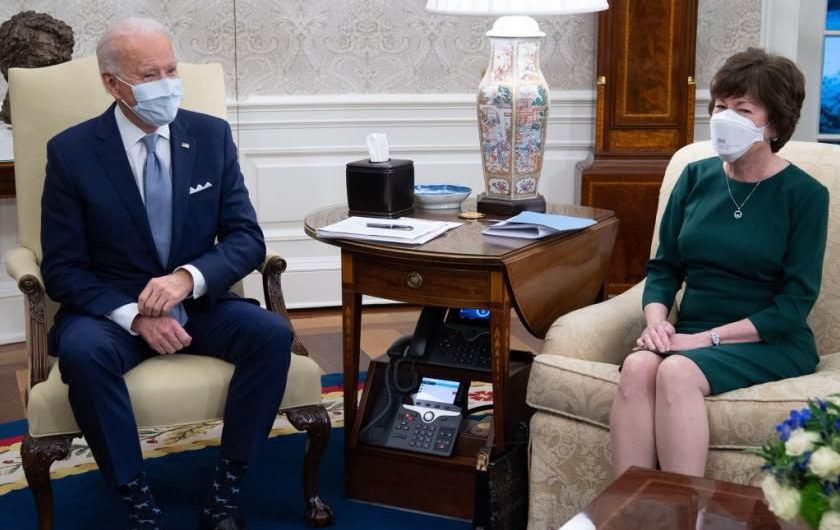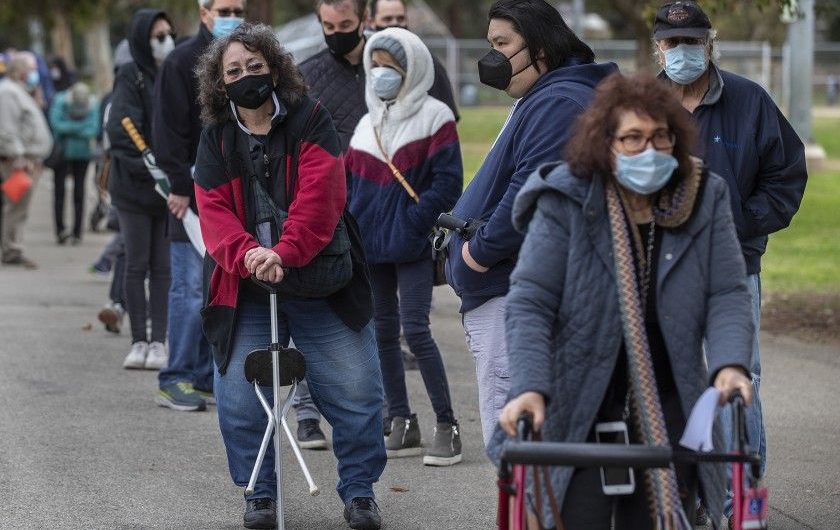A KLM Royal Dutch Airlines Boeing 787 Dreamliner. Fasttailwind/Shutterstock.com
The Netherlands just announced new travel restrictions in response to new COVID-19 variants.
Travelers from non-European countries must take a rapid test within four hours of their flight.
KLM Royal Dutch Airlines, in response, canceled all of its long-haul flights.
Visit Business Insider’s homepage for more stories.
The Netherlands government announced a new COVID-19-related lockdown on Wednesday that severely limits international travel, prompting flag carrier KLM Royal Dutch Airlines to suspend all of its long-haul flights, according to Reuters.
New requirements mandated by the government require passengers to obtain a negative COVID-19 rapid test result no later than four hours prior to departure to the Netherlands. In addition, passengers must also have a negative result from a PCR test conducted within 72 hours from their flight’s departure to be let into the country.
Read more: Airline CEOs say it doesn’t matter how well they protect passengers from COVID-19 – travel demand won’t bounce back until the pandemic ends
The restrictions are some of the most stringent mandated by any national government this late in the pandemic and the country expects travel to markedly decrease as a result. In January, KLM had plans to serve over 30 countries outside of Europe with around 270 weekly long-haul departures, according to Reuters and Cirium data.
Travelers still must quarantine even with the two negative tests for at least five days before they can test-out with a negative PCR test. If a negative test result isn’t received after five days, the quarantine can end after 10 days.
The Netherlands also announced a ban for passenger flights from the following countries: Argentina, Bolivia, Brazil, Cabo Verde, Chile, Colombia, Ecuador, French Guiana, Guyana, Panama, Paraguay, Peru, South Africa, Suriname, Uruguay, and Venezuela. KLM currently serves eight of those countries.
A ban on passenger flights from the UK, which was initially issued in December, has also been extended. The new restrictions on travel from those countries are expected to last for at least one month or until legislation is passed that outlines quarantine requirements for those travelers.
Story continues
“The government is gravely concerned about the UK variant of coronavirus, which is even more infectious than the virus we are familiar with in the Netherlands,” the government said in a statement.
The Caribbean Netherlands is also impacted by the new order, according to the statement, meaning travel may be impacted to Bonaire, Sint Eustatius, and Saba. A representative of the US Consulate in Curaçao told Insider that the constituent countries of the Kingdom of the Netherlands in the Caribbean including Aruba, Sint Maarten, and Curaçao determine their own entry and exit policies, independent of the Netherlands.
Bonaire recently opened its air borders to North America with plans for non-stop flights to the US in February.
International travel is being advised against for residents of the Netherlands until at least March 31, 2021. “Every journey a person makes increases the chance of causing more infections or of bringing new variants of coronavirus into the Netherlands.”
On the home front, citizens in the Netherlands are advised not to have more than one daily visitor over the age of 13 and make no more than one daily visit to another household. A curfew is also being planned to keep residents inside between the hours of 8:30 p.m. and 4:30 a.m.
The Netherlands is also restricting which types of travelers will be granted exemptions to enter the country during the pandemic. As a result, groups including business travelers and students will be barred from entry.
The government also made a point of noting that “people in long-distance romantic relationships wishing to travel to the Netherlands for a short period will no longer be granted entry.”
“We don’t want to look back a few weeks from now and realise that we did not do enough,” the statement said.
Read the original article on Business Insider







